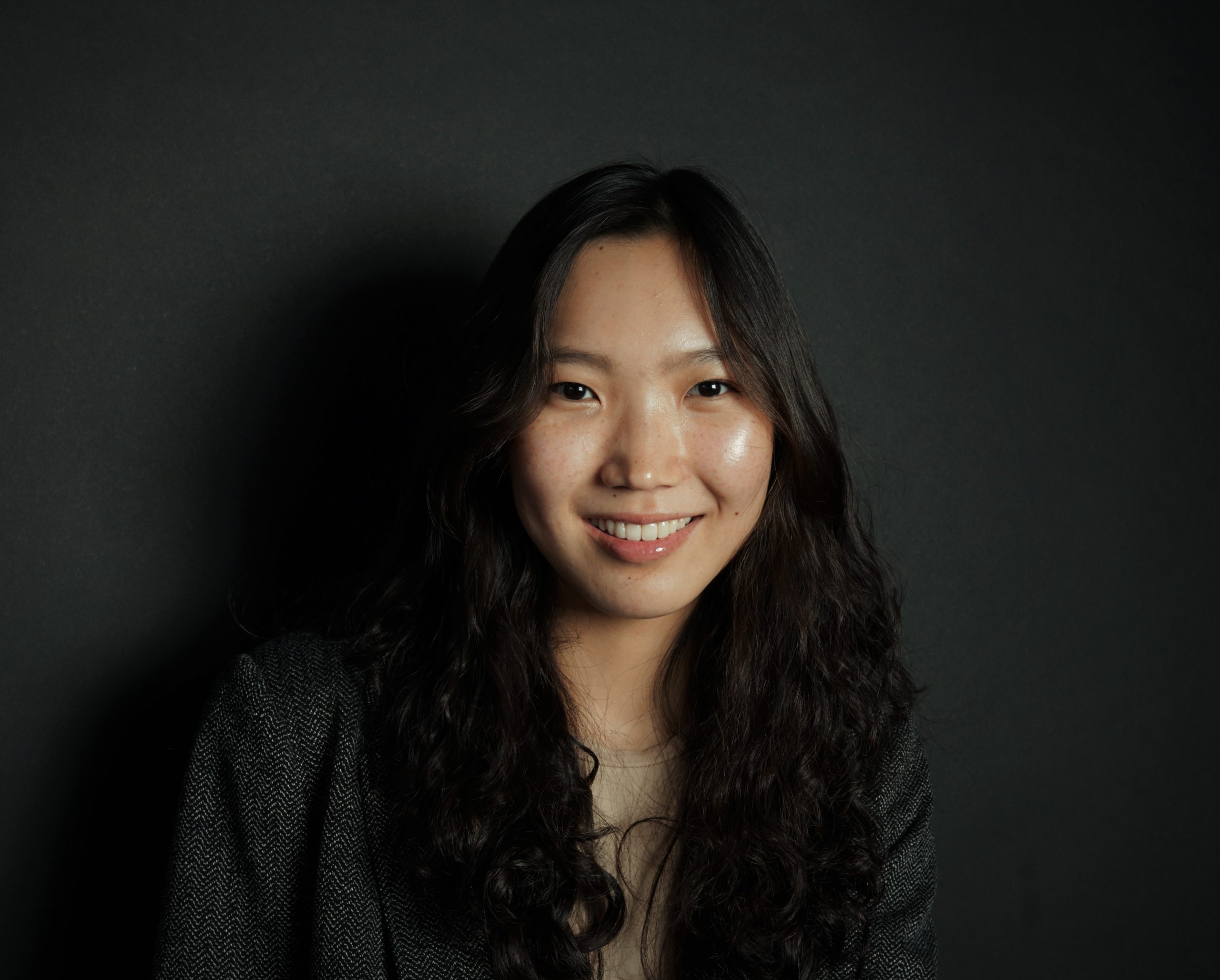My friend Aya Al-Shakarchi recommended me a book called “A Philosophy of Walking” by Frédéric Gros during summer 2020. It started with the idea that we, as human beings, always walk to get somewhere. We walk from car to building, building to building and building to car. I agreed with that idea, so I flipped through the next couple of pages. No offense to Aya’s taste, but the book wasn’t really what I expected, so I didn’t flip any further until the day I had to return to the library.
About a month ago, the topic of “great learning” in my Religions of East Asia class made me realize that the idea of walking to get somewhere applies not only to walking, but also to everything we do. By everything, I mean everything. We do things to get somewhere. We don’t take a survey if there is a chance to get a $10 Amazon gift card. We don’t attend event unless our professors offer extra credit. We do homework to get a decent grade. On the first day of class, a lot of students ask what the exam would be about and how they would be graded when talking about the syllabus. It’s awesome if we get good grades and show that we are intellectually competent, but I didn’t realize that our intention for getting a good grade was a problem for a long time.
A second problem highly embedded in the first is lack of inquiry or lack of purpose. I wanted to come to the U.S. to get a higher education. Later, I realized it was not enough. We don’t ask ourselves why we are going to school or doing certain things. It was very risky for me to come to a country where I didn’t know anybody and didn’t know the language well enough to speak or understand. Nobody would’ve known if I was kidnapped at Hector Airport in 2018. I didn’t ask myself why I wanted to be more educated, why I came to Concordia or why I wanted to major in what I study. I didn’t ask myself the deepest reason why I wanted to get an A. Now that I think back, I wish I didn’t memorize all the formulas, concepts and theorems to get an A because I don’t remember all of them today. I wish I understood the main concepts, so I would be ready to use them for projects after college. I wish I had stayed for five minutes after class to ask my professor how to apply what we learned to real-life problems, and what I could do to learn more, so I would’ve been a step closer to finding my passion.
Last semester, I took a film class and learned about “intertextuality,” which means getting a better understanding of something after gaining the foundational knowledge of the text and observing the relationship between two or more texts. For example, if you’ve watched a gangster movie before, you will enjoy and understand the second gangster movie better. Intertextuality can apply to any subject I can think of. If you watched a YouTube video then read a two-minute article on sleep and memory, or if you took Introduction to Neuroscience, you might have a better understanding after going to the Concordia College Nornes Lectureship in Neuroscience than someone else who didn’t watch, read or take the class at all.
The simple terms of “great learning” in my religion class and “intertextuality” in film studies helped me to understand the more I learn about new things, the less I feel I actually know, which makes me want to learn more. As a result, my intention got clearer: learning to understand and enjoy what is happening around me better.
After these big realizations, I tried to figure out why I am here. The answer turned out to be finding out who I am and what I love to do. The answer might differ for everyone, but I believe that life is brighter and more exciting when you know what you want to accomplish every time you wake up. It might sound weird, but to figure out who I am, I take surveys even if there is no incentive. At the end of those surveys, I feel l am helping the people conducting the surveys even a little, and I know more about myself and my opinion on different topics. I try to go to different events, so I am learning about not only myself but also others who are organizing, planning and attending the event. So I would encourage everyone to start thinking about their intention and purpose.
Even taking surveys and going to events are good places to start.

